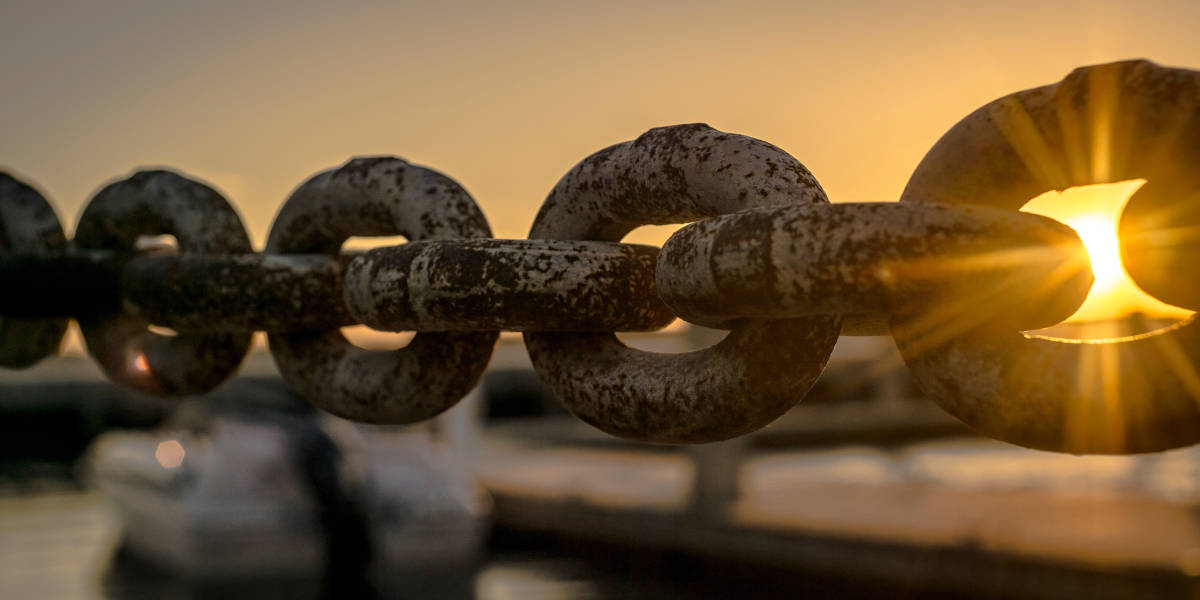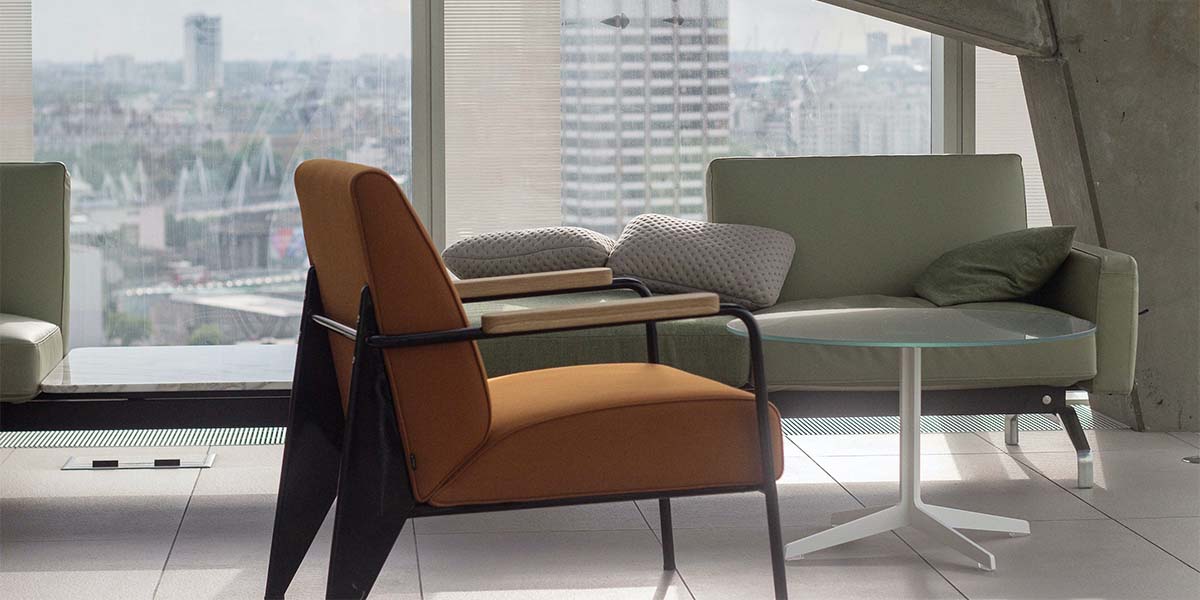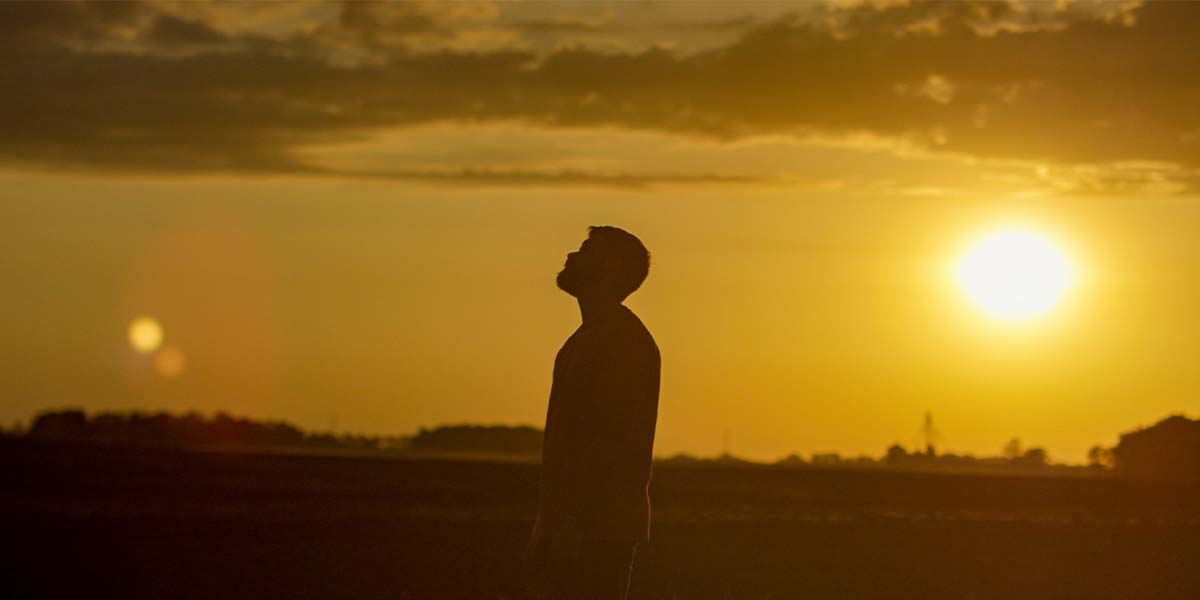
Finding Strength in Flexibility
No one needs to be lectured on the current effects of our poisonous and divisive political environments on mental health– it is clearly taking a toll on so many of us emotionally. Sometimes choosing sides creates rifts in families and relationships. On one hand there is the side of extreme emotion where people are having mental breakdowns because of what they are witnessing in the world. This type of reaction can manifest itself in intense anxiety, paralyzing fear, irrational beliefs, and ultimately may be an underlying cause in the drastic tribalism in political parties.
Oppositely, one could react as a stoic to the events of the world around them– putting off any sort of emotion and concluding that none of it matters. However, this disconnects a person from the human and important experience of empathy and care for justice and goodness in the world. Both of these extremes are dangerous, and a different way has to be found if we are going to be mentally healthy individuals.
Daniel Siegel, in his book Mindsight, talks about how integration is what makes a healthy mind. Specifically, he says that “Integration… illuminates a direct pathway toward health. It’s the way we avoid a life of dull, boring rigidity on the one hand or explosive chaos on the other.” Siegel is making the case that we need to figure out how to find some sort of middle ground between chaos and rigidity in our lives. In fact, Siegel asserts that every mental disorder is either characterized as being too rigid or chaotic (and sometimes both). This helps us understand the two extreme reactions to world events. The rigid person allows nothing to affect them and therefore loses compassion and passion for life. The chaotic person is affected by everything and becomes lost in an overload of anxiety and fear. So how then can we integrate these two views into a healthy one?
Consider the image of the chain-link anchor
What makes this type of connection so strong? Imagine a solid piece of metal as a ship’s connection to an anchor… it doesn’t make sense, right? The solid piece (representing rigidity) would certainly break off at some end and even if it did not it could not allow the anchor to rest and different levels of the seafloor because its length is constant. A chaotic example of a way to tie a boat to an anchor does not particularly exist, because it does not work! What ship can hold itself in place with something that is not strong? This is why the image of the chain-link is an example of how we can be strong and flexible. The chain is free to move and shake with the pressures that come but does not break because it is able to move. A healthy reaction then to the events of the world and pressures of life is one that is mindful of this movement.
We need to check in on ourselves and ask, “is this something I want to affect me so much?” or “is this something that I want to affect me and is not?” It is not possible to have a system where we simply are able to turn off and on what we feel, but we can explore what does make us feel, and choose a mission or cause that is within our control, and spend our emotional energy on one thing at a time. This is how a chain connection is so strong! The weight of the entire ship is held at each chain connection and not at one point. It’s easy to keep making this metaphor work, but the idea is that if we want a healthy and integrated mental health life we must begin paying attention to where we have strayed from the middle path and leaned too hard into rigidity or chaos. Siegel says it like this: “tuning in to the self promotes a foundation for resilience and flexibility.”
Find your meaning
Ultimately though, just like an anchor finds itself buried in the ocean floor, the only way we can truly remain strong and flexible is to be anchored to some sort of meaning in our lives. Friedrich Nietzsche tells us that “he who has a why to live can bear almost any how.” Find your ocean floor, your solid earth to bury into, and you will find yourself less likely to be pulled in an unwanted direction by the waves of suffering that are bound to come.
Lifeologie Counseling is a creative, collaborative network of therapists who specialize in working with individuals to help them find meaning and focus on improving their own mental health. Interested in working on your own resilience and strength? Meet our therapists, explore our specialties, and find a counselor near you!

About Lifeologie
Lifeologie Counseling was founded in 2000 with one goal in mind — to bring a fresh, innovative approach to the everyday problems of life. Creative solutions to stuck problems®. With our unique multi-specialty, collaborative approach, Lifeologie Counseling helps individuals and families heal their wounds and break out of old, unhealthy patterns.




